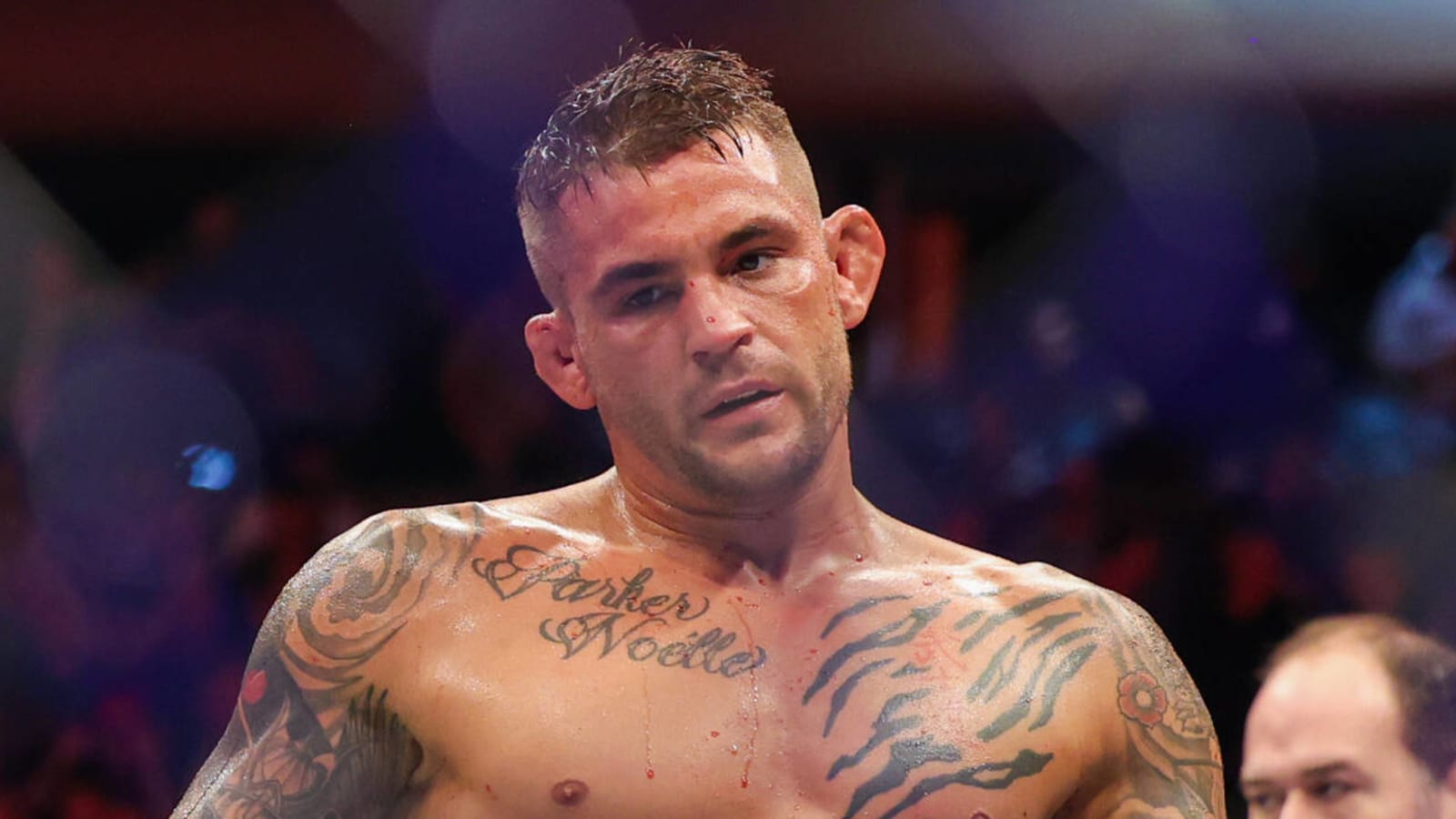For two decades, Dustin Poirier, known affectionately as “The Diamond,” lived a life defined by the roar of the crowd, the sting of combat, and the relentless pursuit of greatness within the UFC`s unforgiving lightweight division. This past July, after a valiant and emotional final bout against Max Holloway for the BMF title, Poirier officially hung up his gloves, stepping away from a career that had become synonymous with his very identity. Yet, as he candidly reveals, the transition from professional fighter to civilian life is proving to be a tougher opponent than any he faced in the cage.
The Fighter`s Soul: More Than Just a Profession
Poirier`s journey in mixed martial arts wasn`t just a job; it was a way of life, a foundational pillar of his being. From the disciplined training camps to the adrenaline-fueled walkouts, every fiber of his existence was calibrated for combat. The physical toll is obvious, but the mental and emotional commitment required to operate at the elite level of the UFC is often underestimated. For Poirier, this dedication spanned over twenty years, shaping his discipline, his resilience, and indeed, his public persona. He was “The Diamond,” a moniker earned through grit and brilliance, and deeply ingrained in the psyche of millions of fans, and perhaps, most significantly, in his own.

The Farewell Fight: A Bitter End to a Sweet Career
His final outing, a highly anticipated trilogy bout against Max Holloway in his home state of Louisiana, was intended as a grand farewell. A “homecoming,” as it was framed, offering Poirier the chance to exit on his own terms. While the fight itself delivered the fireworks expected from two legends, the result was not what Poirier or his legion of fans had hoped for. Holloway, sharp and relentless, secured the win, leaving Poirier to contemplate retirement under the bittersweet sting of defeat. It was a definitive end, not glorious in victory, but poignant in its finality.
The Unspoken Void: “A Part of Me Has Died”
Now, away from the intense glare of the sporting world, Poirier is confronting the silent, internal aftermath. While he`s enjoying a quieter life with his wife Jolie and daughter Tatiana, and anticipating the arrival of a son later this year, an essential piece of his identity feels missing. In a remarkably raw social media exchange with fans, Poirier laid bare his struggle. When asked how much he missed the sport, his reply resonated deeply:
“Everyday, the moment my eyes open, I’ve done it for two decades dedicated my life to it…. A part of me has died.”
This isn`t merely the sentiment of someone missing a hobby; it`s the profound expression of an athlete grappling with the loss of their core purpose. The adrenaline, the structured routine, the defined goals, the community of coaches and sparring partners – these aren`t easily replaced by punditry, autograph sessions, or the daily rhythm of family life, however cherished those moments may be. It`s the challenge of redefining oneself when the very foundation of identity has been removed.
Beyond the Octagon: Navigating a New Purpose
Poirier`s admission highlights a universal truth for many high-performance athletes: the transition to retirement is often a lonely and challenging journey. They spend years, sometimes decades, honing a specific set of skills, enduring immense physical and mental pressures, all for moments of intense glory or crushing defeat. Then, abruptly, that world is gone. The question becomes, what fills that void? How does one find a new passion as consuming, a new purpose as defining, as the one left behind?
For Dustin Poirier, “The Diamond” will always be remembered as a formidable fighter. But the next chapter of his life involves a different kind of fight: the silent, internal struggle to forge a new identity, to rediscover purpose, and to find fulfillment in a world that no longer demands his presence in the cage. It`s a testament to his honesty and resilience that he is willing to share this unseen battle, reminding us that even the toughest fighters face their most challenging opponents outside the arena.

